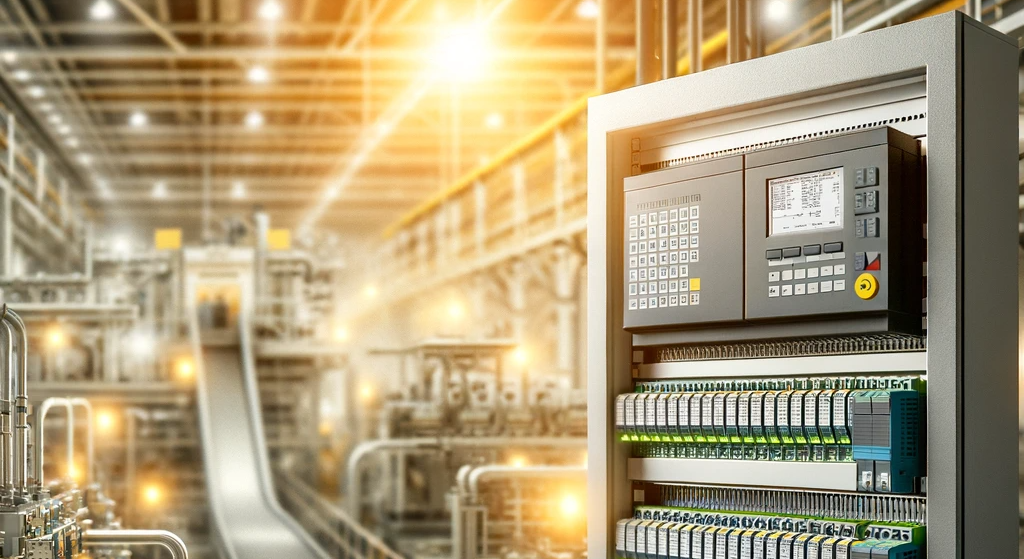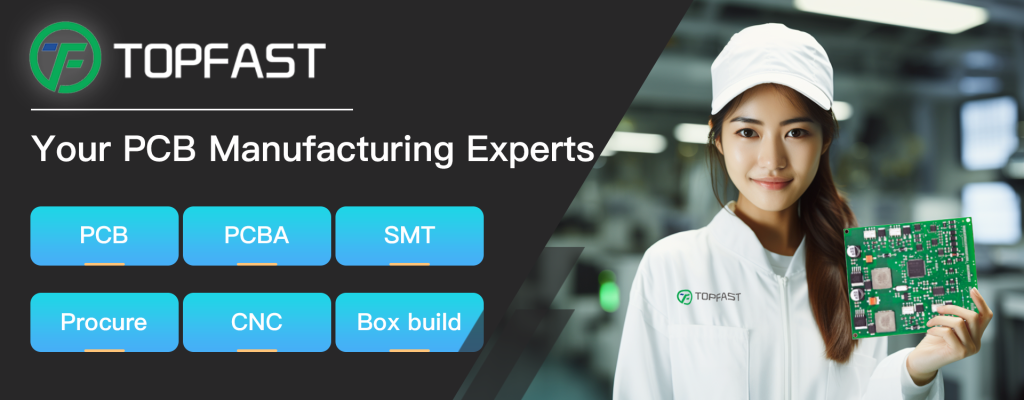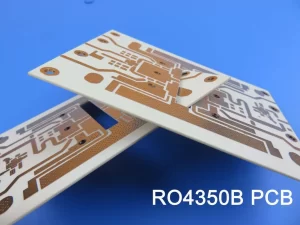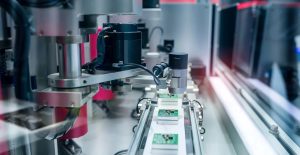目录
ToggleThe Pivotal Role of Programmable Logic Controllers in Modern Automation
Unraveling the Complexity of PLCs in Industrial Automation
Introduction to Programmable Logic Controllers (PLCs)
Programmable Logic Controllers (PLCs) are the cornerstone of modern industrial automation. This section introduces PLCs, discussing their evolution, basic components, and the principles of their operation. PLCs are designed to provide reliable control over complex industrial processes, from manufacturing to material handling.
Programming and Configuration of PLCs
The flexibility of PLCs lies in their programmability. This part of the article focuses on how PLCs are programmed and configured for various tasks. The discussion covers programming languages like Ladder Logic and Function Block Diagrams, and the importance of software in customizing PLC functions to meet specific industrial needs.
PLCs in Industrial Automation
PLCs play a vital role in automating industrial processes. This section explores the applications of PLCs in different industrial settings, such as manufacturing plants, assembly lines, and process control. The discussion highlights how PLCs contribute to increased efficiency, accuracy, and safety in industrial operations.
Conclusion
Programmable Logic Controllers are instrumental in advancing industrial automation. They bring precision, adaptability, and efficiency to complex industrial processes. As industries continue to evolve, the role of PLCs in automation will become even more significant, driving innovation and productivity in various sectors.






